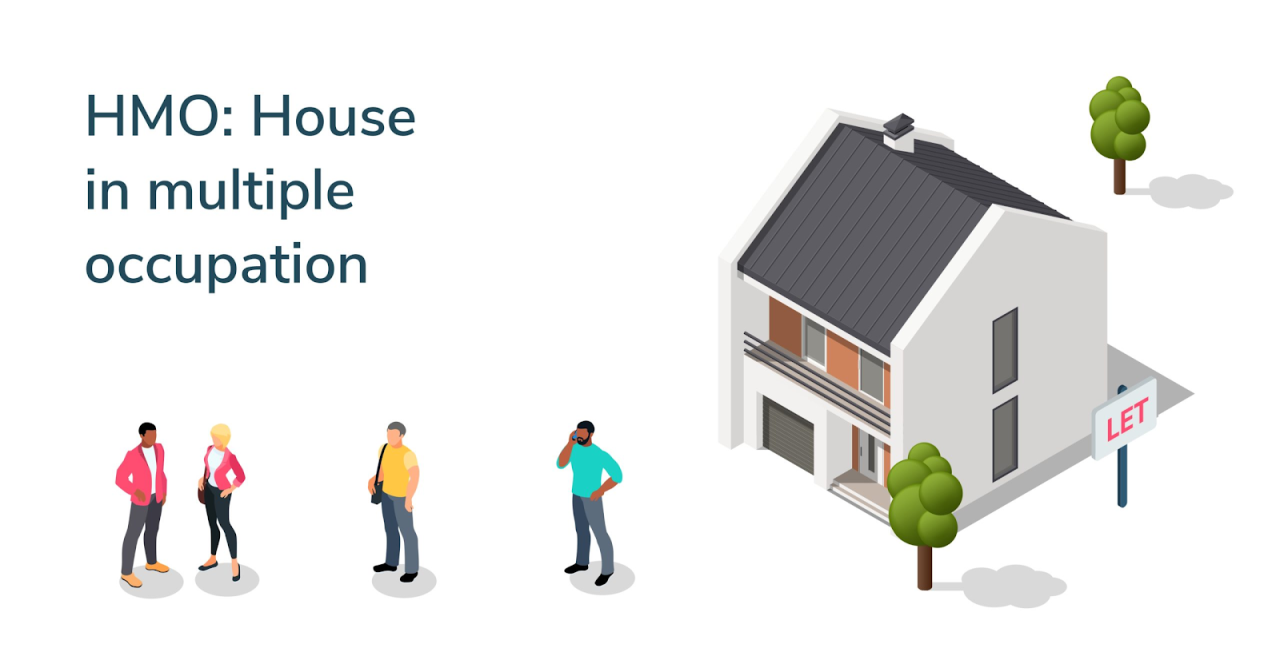Investing in buy-to-let (BTL) properties has a storied history of delivering substantial, inflation-beating returns for investors. Over the years, average house prices have witnessed remarkable growth, with the potential for attractive rental incomes and robust yields on well-selected properties. While the market has seen some landlords exit due to increased taxes and regulatory changes, it remains a promising avenue for those willing to address its evolving challenges. If you're a new or early property investor in South London, it's crucial to start by asking the right questions to maximize your returns.
Is BTL a Good Investment?
Property, with thorough research and planning, has the potential to outperform many other asset classes over extended periods. Despite recent market adjustments, the fundamentals supporting property investment remain robust. Demand for housing remains high, while supply remains constrained. Additionally, forecasts suggest a potential reduction in inflation and interest rates, promising a brighter outlook for borrowing costs. Rental growth continues to exhibit strength.
Nonetheless, navigating the BTL landscape requires diligent consideration of factors such as tax implications, financing options, cash flow management, and legal obligations. Seeking expert advice in these areas is paramount for making informed decisions and ensuring the long-term viability of your investments.
Identifying the UK's Best Investment Markets
There's no one-size-fits-all answer to the question of the ideal location for property investment. It hinges on local market conditions, your investment goals, timeframes, and risk tolerance. However, when capital growth is a priority, historically, the UK's more affordable markets have shown strong performance, often coupled with higher yields.
Intriguingly, lesser-known markets in the outskirts of major cities are now gaining attention. These regions often benefit from significant investment, urban revitalization, and job creation, contributing to higher average earnings and heightened demand for housing. Indices report robust capital gains in the Midlands and the North of the UK. While established investment markets like Nottingham and Manchester shine, some smaller towns and communities in their vicinity exhibit even stronger growth potential. Thus, localized research is essential for making informed choices.
Choosing Property Types Wisely
The preference for newer, energy-efficient homes is on the rise among tenants. These properties tend to attract more demand, resulting in reduced void periods. Additionally, they often boast better Energy Performance Certificate (EPC) ratings, alleviating the need for costly energy-efficiency retrofits. While property type selection depends on your goals and the local market dynamics, considering new and energy-efficient homes can be advantageous.
Avoiding Common Investor Mistakes
Several pitfalls can hinder property investors, particularly newcomers. These include inadequate research, emotionally driven purchases without sound financial analysis, and underestimating the responsibilities that come with property ownership. To mitigate these risks, consulting with a specialist advisor before making investment decisions is crucial. Proper planning and strategy development can help avoid costly mistakes.
Property investment is not a path to quick riches; it thrives as a long-term endeavor. Its track record of success becomes apparent over extended periods, making patience and prudent decision-making essential attributes for investors.
In conclusion, the buy-to-let market remains a promising avenue for new and early property investors, provided they approach it with a well-informed and strategic mindset. If you have questions or need further guidance on property investment, don't hesitate to reach out. Your property investment journey can be a rewarding one with the right knowledge and support.
Contact me today to find out how you can benefit from the current market trends. Or if you would like to know the value of your home check out my online valuation tool.

















